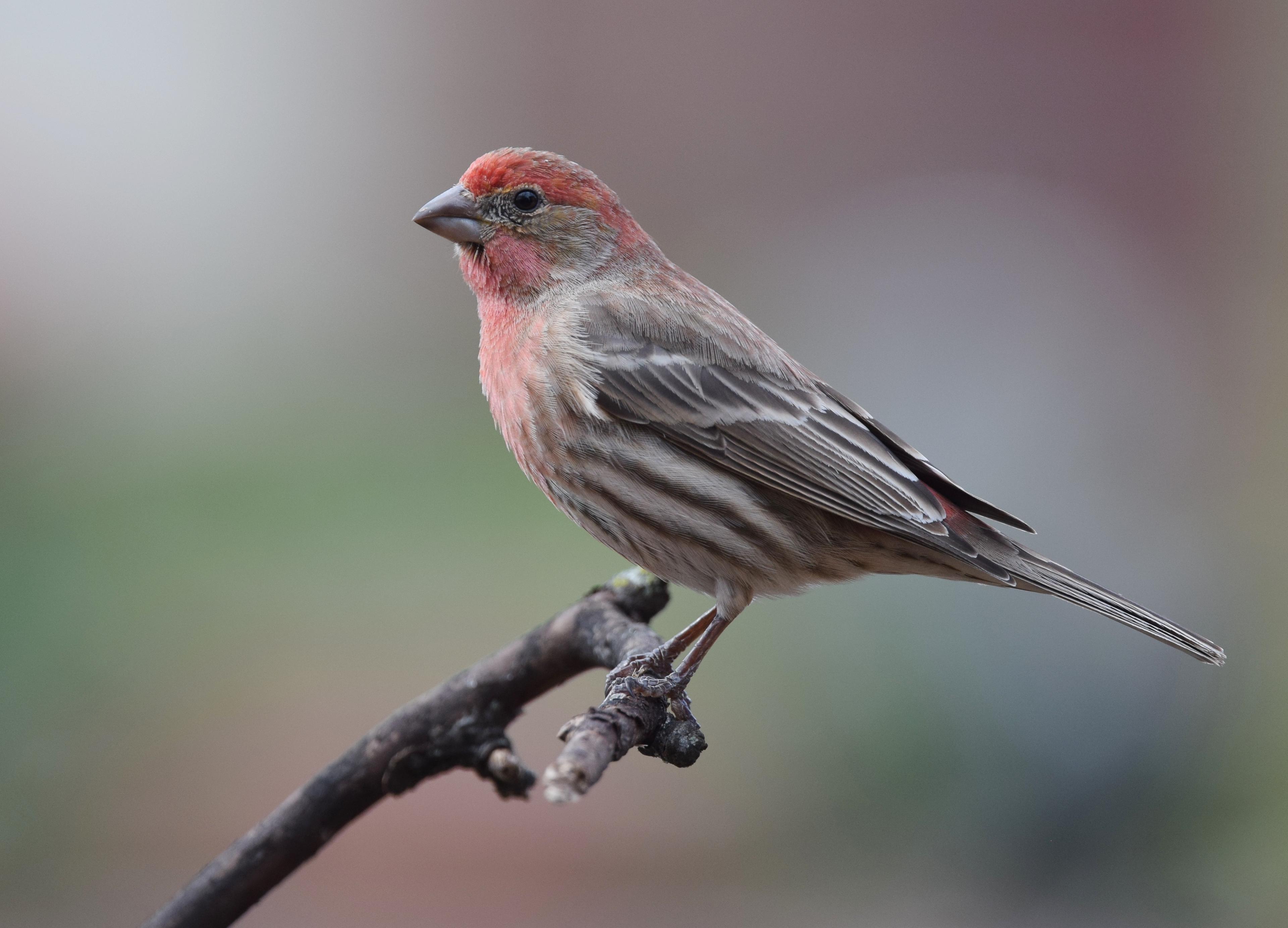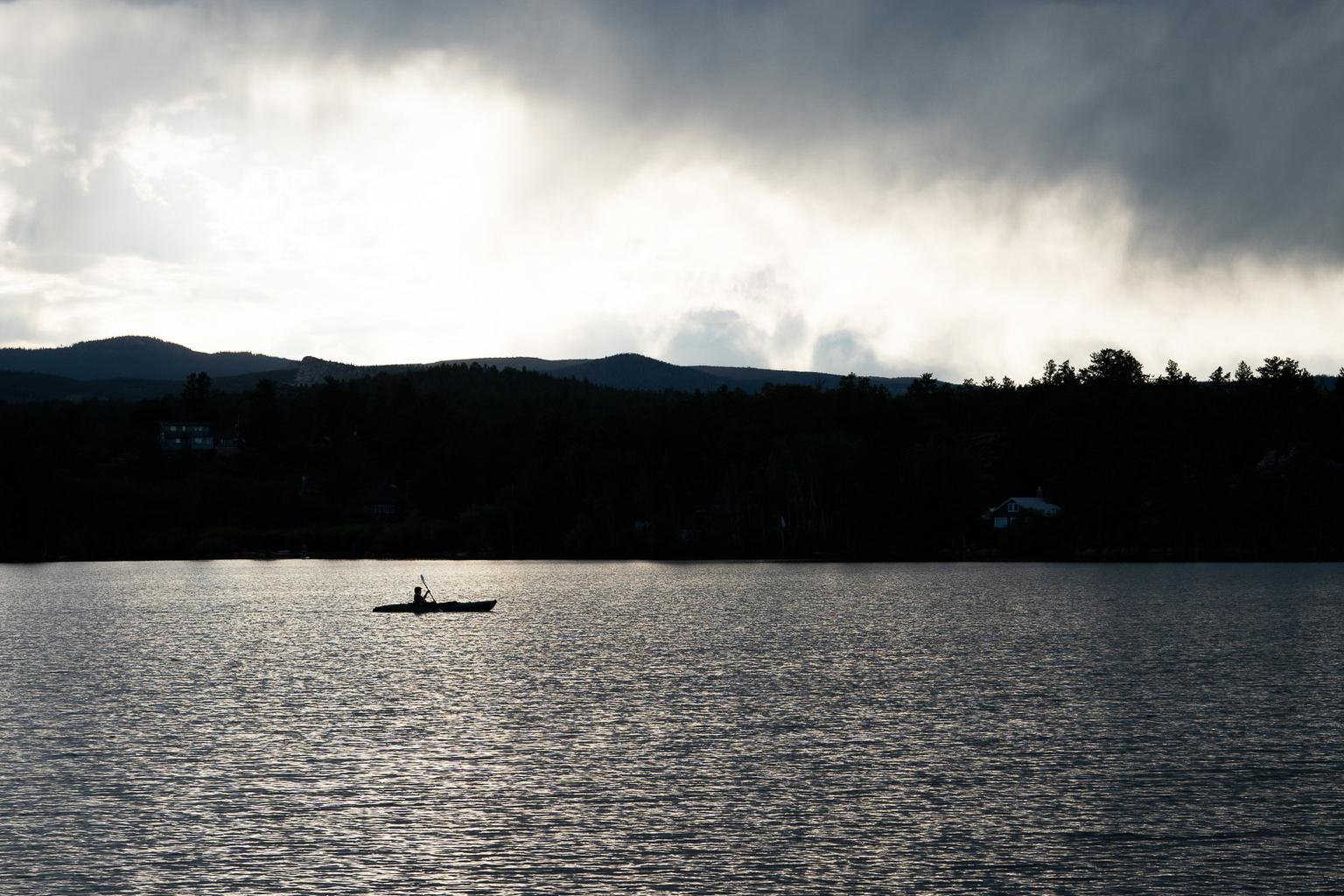
A startling number is floating around these days: There are 3 billion fewer birds in the United States and Canada than there were just 50 years ago, according to a study published in the journal Science.
Biologist Arvind Panjabi of the Bird Conservancy of the Rockies, headquartered in Fort Collins, is a co-author.
The losses are heaviest in mountain forests and in grasslands like those where the western meadowlark and Colorado’s state bird, the lark bunting, live, Panjabi said.
But the toll also includes birds you might see or hear in your backyard, like the white-throated sparrows that pass through Colorado in fall and spring (down 93 million in the U.S. and Canada), and colorful little house finches.
"Birds are the proverbial canary in the coal mine. What the decline in bird numbers is telling us is that our planet is becoming less hospitable to birds, and consequently less hospitable to other life, including humans," Panjabi said. "We actually need the same things that birds do. Clean air, clean water, open space, food from nature. We all depend on these things too."
If 3 billion seems like just another overwhelming number in a sea of sad environmental news, it turns out there are some things you can do to help.
The website 3billionbirds.org offers these ideas.
- Windows: Birds get confused by reflections in windows and fly right into them. You can put up decals, string or screens to block the reflections.
- Cats: Obvious, right? They have a taste for birds — 2.6 billion of them a year in the U.S. and Canada. Keep cats indoors.
- Your Lawn: Cut back on the size of your lawn and plant more native species to provide the food birds need.
- Avoid Pesticides: Pesticides can kill birds and their food sources, including bugs.
- Coffee: Growers often cut down forests so they can grow coffee in direct sun. 3billionbirds advises buying shade-grown coffee instead.
- Plastics: Seabirds, in particular, often mistake plastic for food and eat it. Reduce single-use plastic and recycle products if possible.
- Watch Birds: Much of the information gathered for the study came from citizens who participated in organized counts on certain days.









